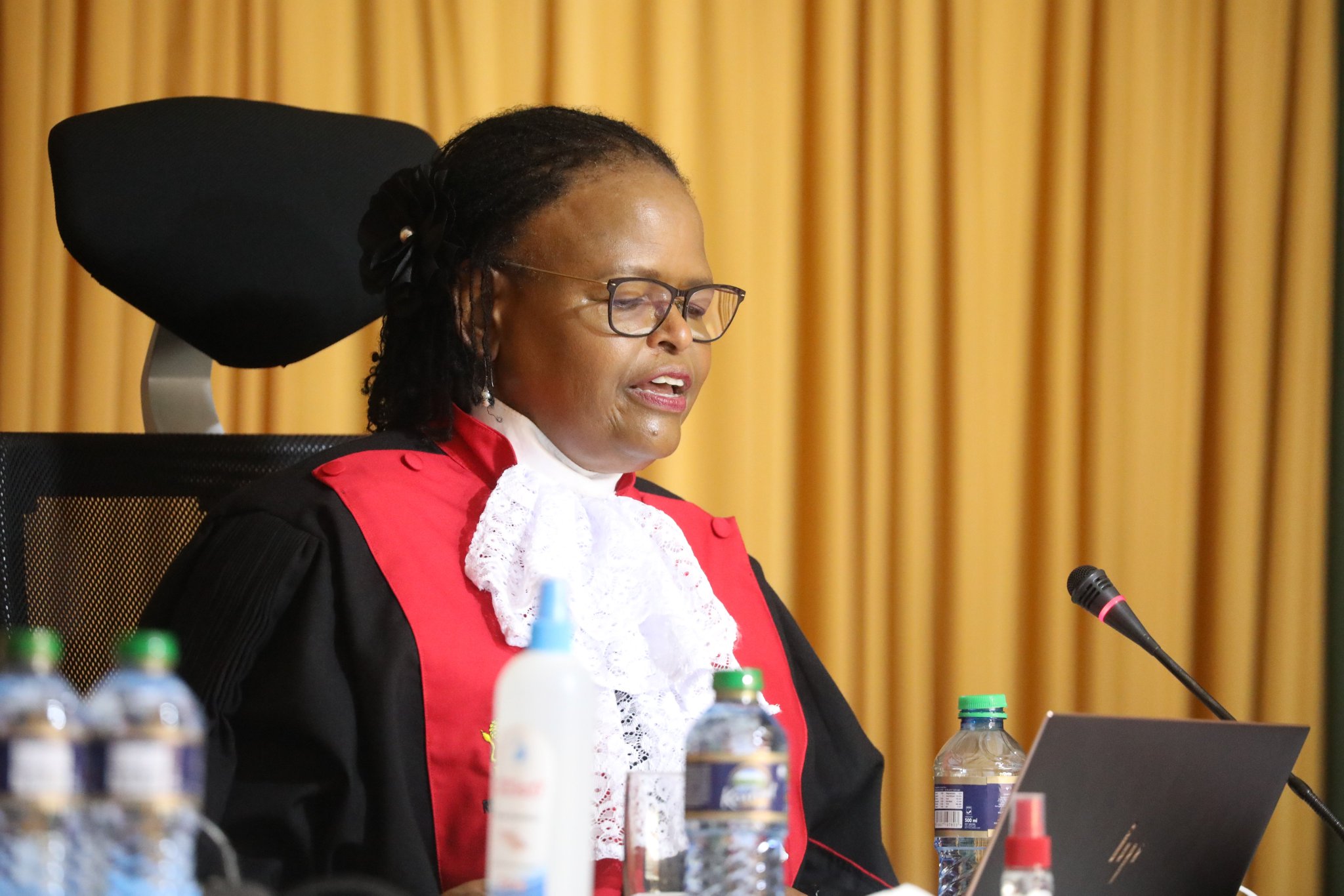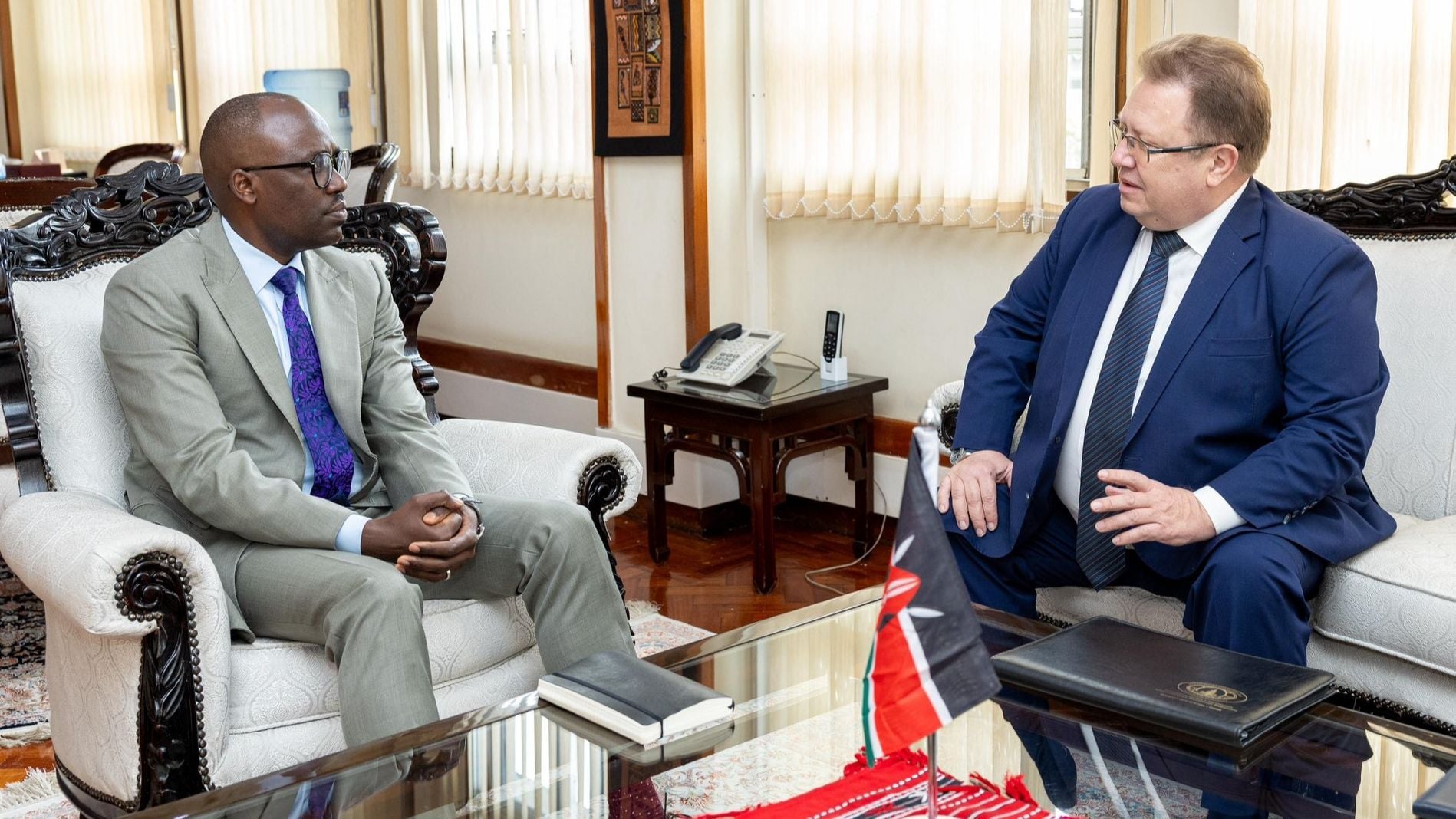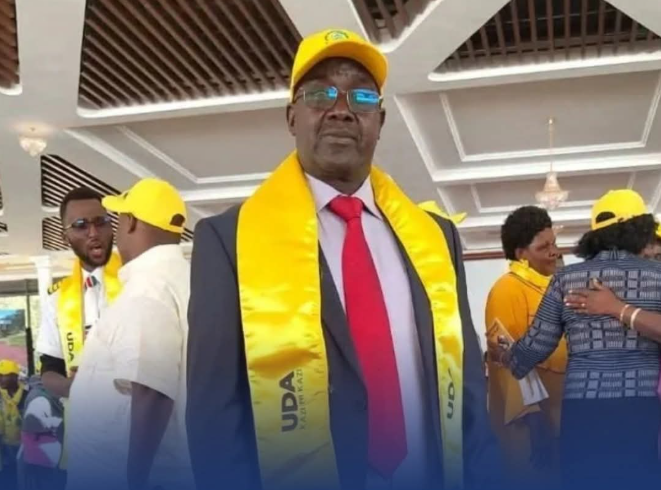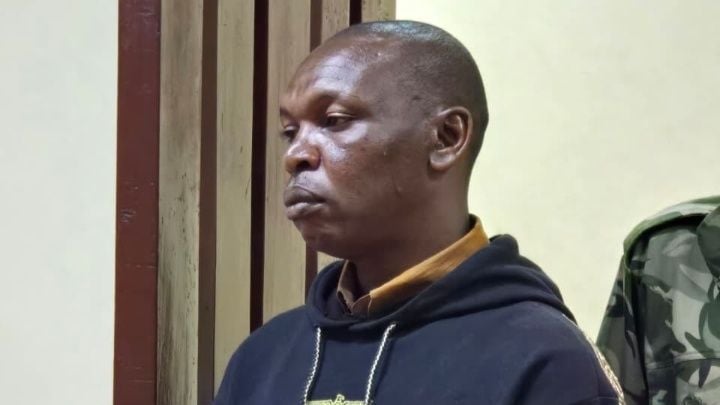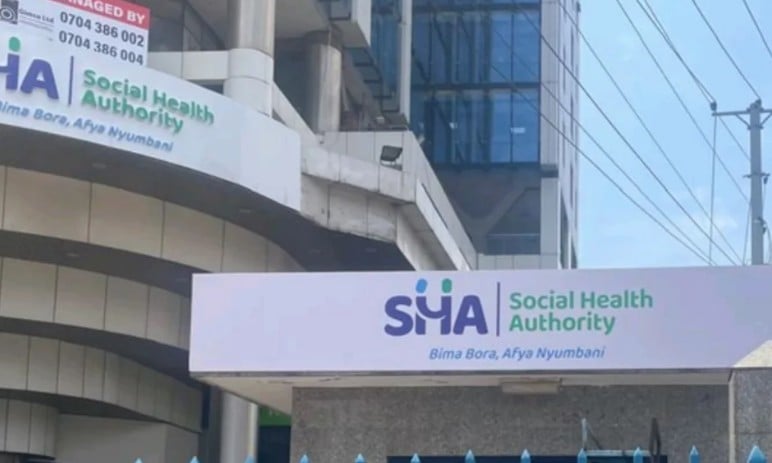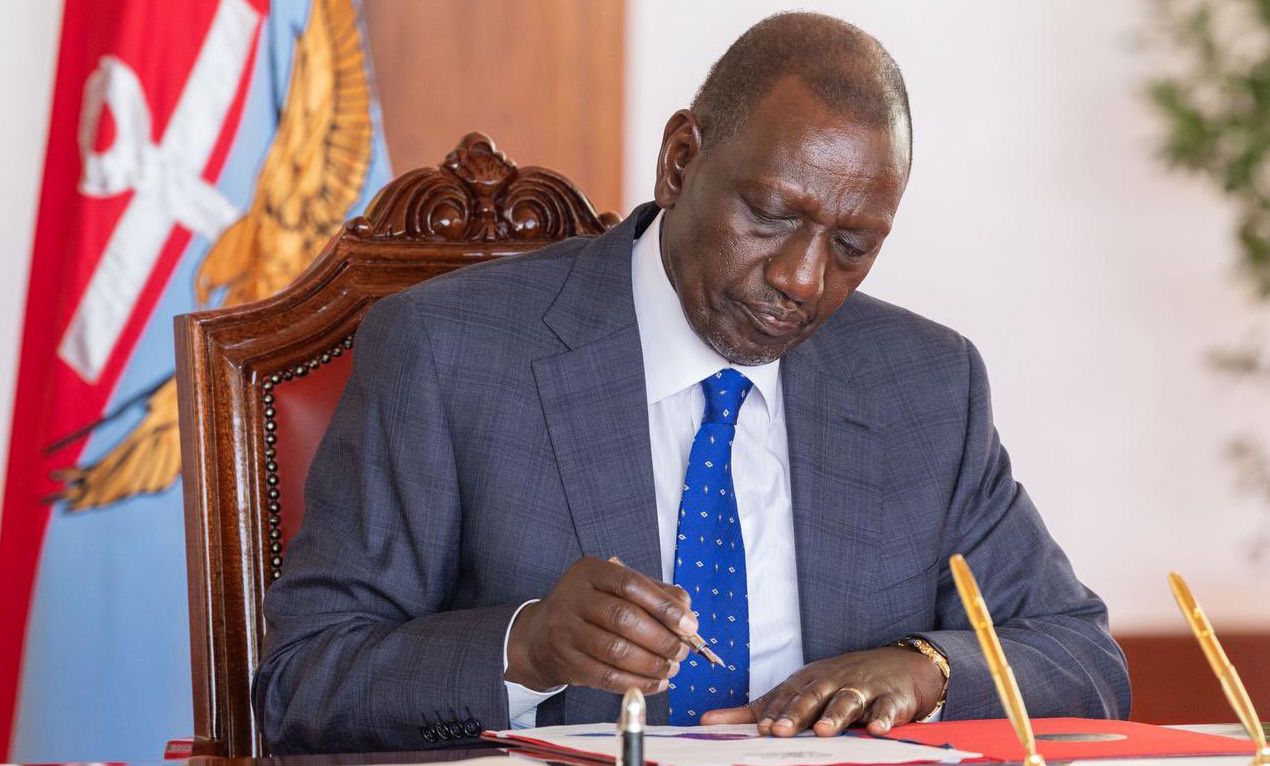The Supreme Court on Monday, September 26, delivered the full judgment after upholding President William Ruto’s victory.
The full verdict came exactly 21 days after the apex court on September 5 threw away the petitions challenging President Ruto’s win.
In the judgement, the Supreme Court issued 7 recommendations to the Independent Electoral Boundaries Commission (IEBC) for the conduct of future elections.
The recommendation to IEBC are as follows:
1. Parliament should consider enhancing the statutory and regulatory framework on the separate policy and administrative remit of IEBC.
Read More
2. IEBC ought to effect formal internal guidelines that clearly delineate the policy, strategy, and oversight responsibility of the Chairperson and the Commissioners; and develop institutionalized guidelines on how to manage the separation of administrative and policy domains.
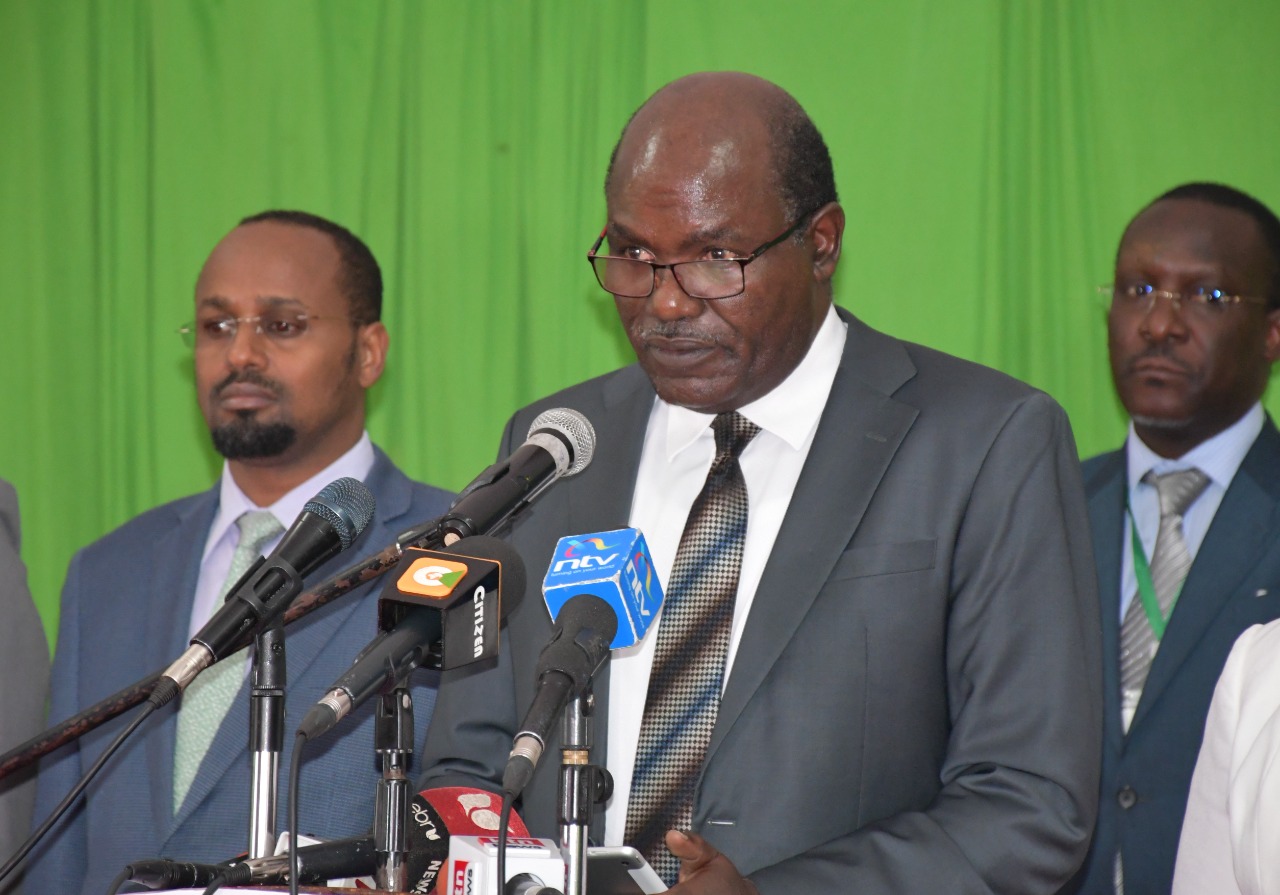
3. The roles of the Chairperson, Commissioners, and the Chief Executive Officer, other staff and third parties should be clearly set out in both the legislative and administrative edicts as stipulated above.
4. To avoid suspicion from stakeholders, unless where and when it is absolutely necessary, access to the servers supporting the transmission and storage of Forms 34A, 34B and 34C should be restricted to IEBC staff during the election period.
5. IEBC should ensure that the servers supporting the elections and those serving their internal administrative work are distinct and separate. This would then allow the Court, should the need arise, to carry out forensic imaging of the same without compromising and/or infringing any third-party agreements.
6. IEBC may consider simplifying and restructuring the Form 34A and include a column that accounts for stray ballots. In addition, it may consider having only one section for total valid votes. The independent body may also find it prudent to thoroughly train its Returning Officers as to what constitutes valid votes per this Court’s decision.
7. IEBC ought to put in place specific mechanisms to allow for special voting as contemplated under Regulation 90 of the Elections (General) Regulations 2012.
